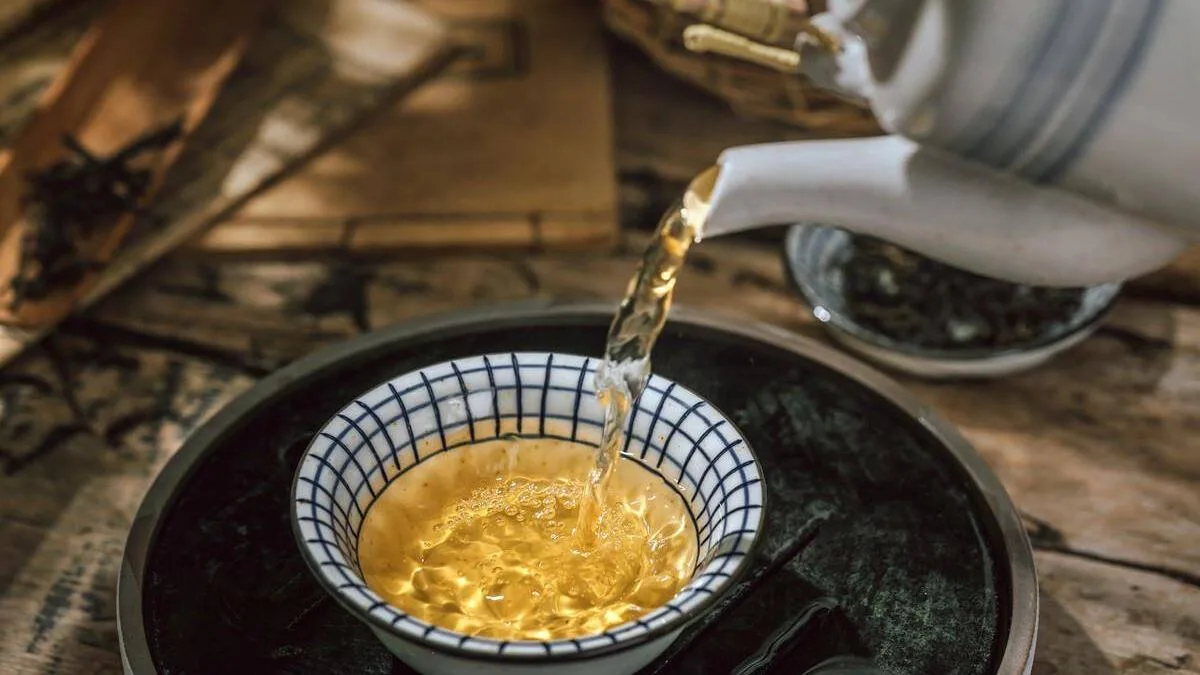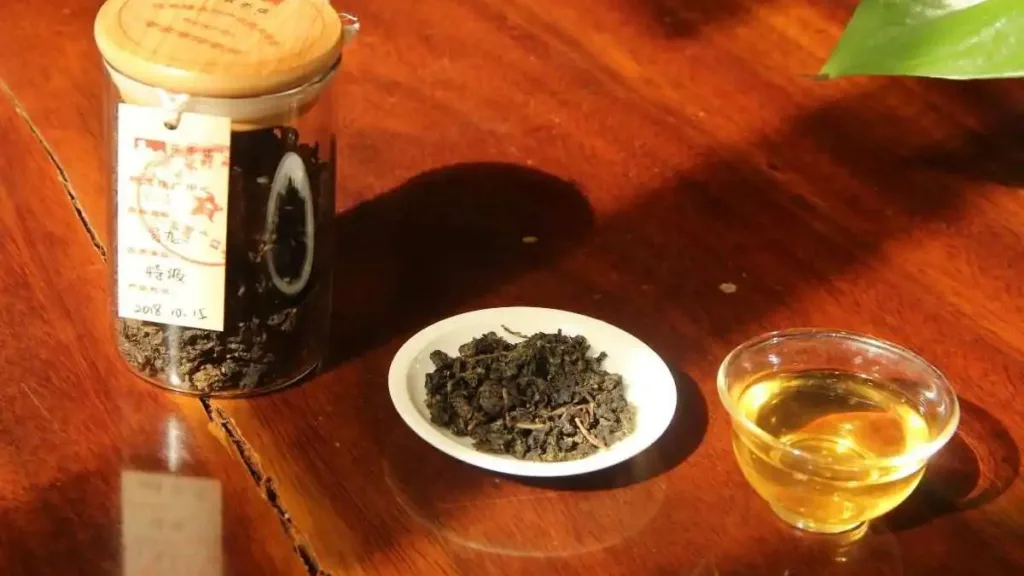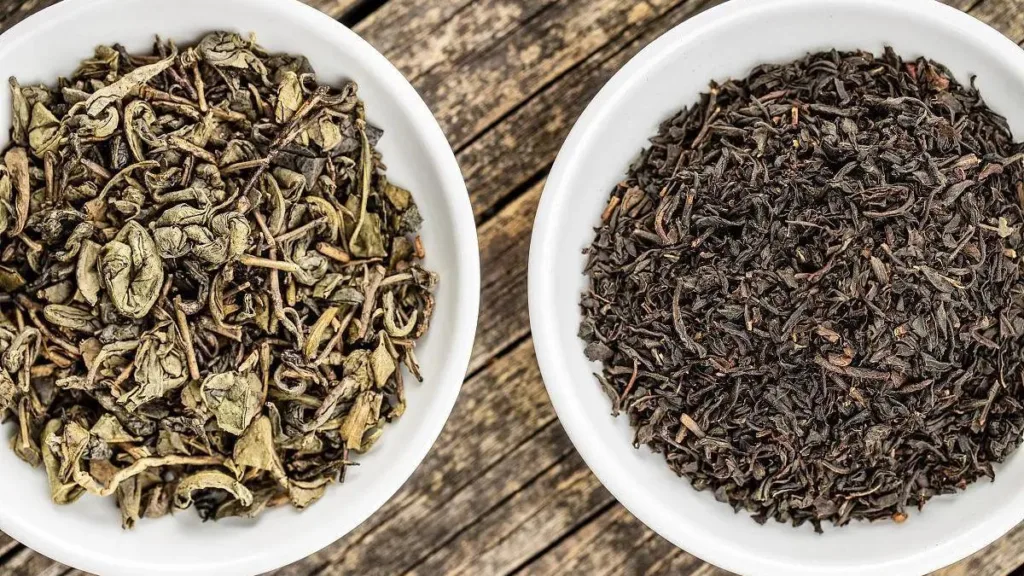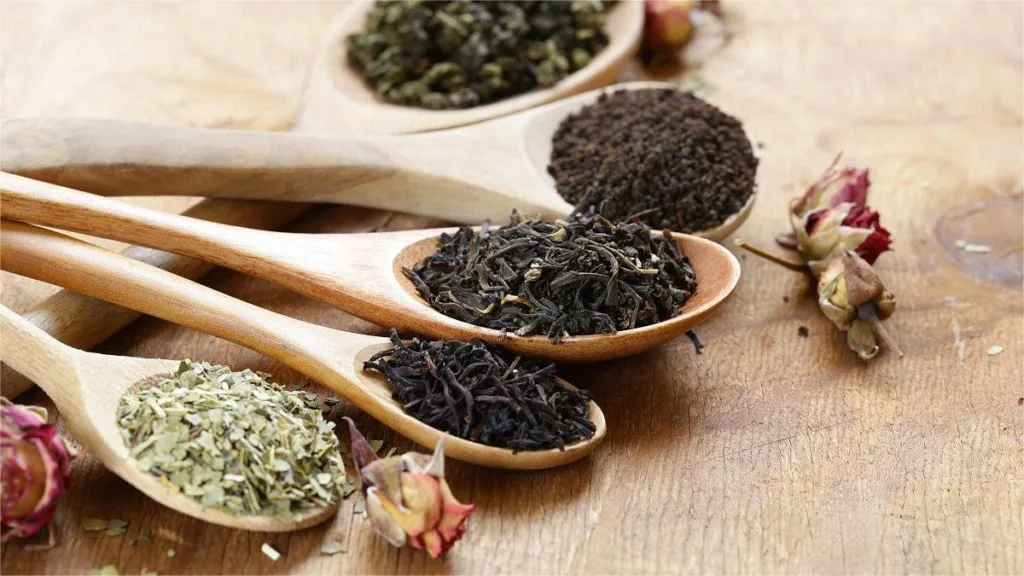Regularly rinsing your mouth with tea can help clean your oral hygiene and prevent diseases. The benefits of using tea as a mouthwash are surprisingly diverse. First of all, tea contains a high concentration of tea polyphenols, which can combat nicotine toxins, neutralize alcohol, and eliminate odors. Rinsing your mouth with tea in the morning or after eating fish can effectively remove oral odors. Tea also contains fluoride, and an adequate amount of fluoride can help prevent tooth decay and periodontal disease.
Furthermore, it can help prevent the flu. During seasonal transitions, people are more susceptible to respiratory diseases. The catechins in tea can effectively inhibit the activity of the influenza virus. Rinsing your mouth with tea daily can, to some extent, help prevent the flu. Catechins in tea can kill bacteria in the mouth, which reduces gum inflammation and stops gum bleeding, making it particularly effective for preventing gum bleeding.
The Correct Way to Rinse Your Mouth with Tea
After each of your three daily meals, make a habit of rinsing your mouth with tea. In the morning, use the leftover tea from the previous day, mix it with warm water, and brush your teeth. Do the same before going to bed. The remaining tea from the previous day, diluted with boiling water, should be reserved for the morning mouth rinse.
After brushing your teeth, use fresh tea for drinking. Following this routine for some time will have a beneficial effect on oral hygiene, including cleaning, strengthening, and cavity prevention. It also helps alleviate gum bleeding, toothaches, and dental sensitivity. Developing a habit of rinsing your mouth with tea can effectively improve oral cleanliness, acting as a mouthwash, tooth cleanser, and cavity protector, as well as being effective in flu prevention. Tea has many beneficial properties, and using it in daily life can bring a lot of convenience.
To rinse your mouth with tea, take 5 grams of high-quality tea leaves and steep them in 300 ml of hot water for 30 minutes. Rinse your mouth with 100 ml of this tea after each meal, dividing it into morning, afternoon, and evening rinses. When preparing the tea, make sure not to use too much or too little tea leaves, and the water temperature should be around 80-90°C. To rinse your mouth, hold the water in your mouth and close your teeth. Use the muscles of your lips and cheeks to make the rinsing water pass through the gaps between your teeth. This is essential to achieve the rinsing effect.
The Benefits of Washing Your Mouth with Chinese Tea
- Eliminating Bad Breath: Tea is an excellent mouthwash. Rinsing your mouth can repeatedly cleanse various parts of the oral cavity. It removes food residues and some dental plaque from tooth fissures, tooth necks, interdental spaces, lip and cheek grooves, etc. Rinsing your mouth also reduces the density of oral bacteria, inhibiting the formation of dental plaque.
- Preventing Tooth Decay: Green tea is rich in polyphenols, which have strong antioxidant properties. They also have antibacterial activity and a good inhibitory effect on the cariogenic Streptococcus mutans.
- Flu Prevention: The catechins in tea can inhibit the activity of the influenza virus. Rinsing your mouth with tea frequently can help prevent the flu. Catechins can also kill bacteria in the oral cavity, reducing gum inflammation.
- Preventing Periodontitis: Periodontitis is caused by anaerobic bacteria. Appropriate concentrations of tea can inhibit anaerobic bacteria in the oral cavity, thus preventing and treating periodontitis.
- Preventing Tooth Sensitivity: Tea can improve the capillary permeability and increase vascular wall toughness, thereby preventing gum bleeding. As a result, gum inflammation and bleeding symptoms disappear.
- Preventing Gum Bleeding: Rinsing your mouth with tea can inhibit oral bacteria and improve the condition of your gums. This makes it effective in preventing gum bleeding.
Additional Information and Precautions for Mouthwash with Chinese Tea
- The tea used for rinsing your mouth should not be stored for too long. Keeping tea for extended periods can cause further oxidation of tea polyphenols, resulting in darker color. It may also spoil at higher temperatures. Rinsing your mouth with spoiled tea is not advisable.
By incorporating the habit of washing your mouth with tea into your daily routine, you can enjoy the numerous health benefits it offers while maintaining good oral hygiene. It’s a simple, natural, and effective practice that can improve your overall well-being. So, don’t hesitate to make tea a part of your daily oral care routine.



